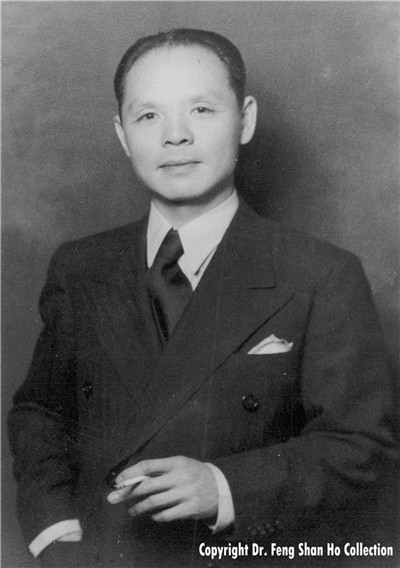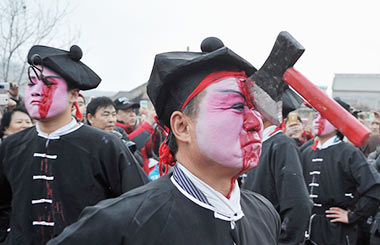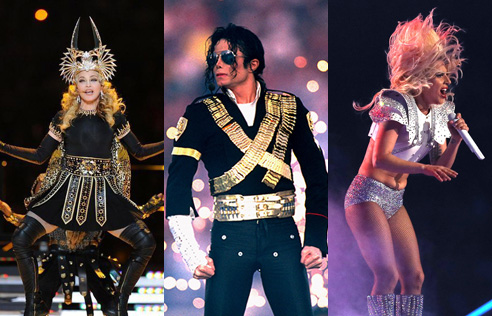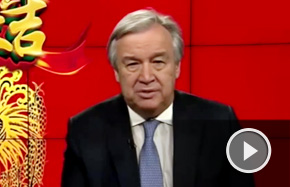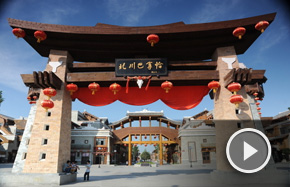Depiction of Chinese Schindler falls short
The Chinese television story opens with Pu Jizhou running away from his wedding-an arranged marriage-to take a job as a visa officer in Vienna.
"This is totally ludicrous; one can't just run off to join the diplomatic service. There is a formal application and vetting and training process. Postings abroad are designated by the foreign ministry, not by any personal whim," Ho Manli says.
Gao Mantang, one of the screenwriters, views the drama series as "a testament of the viability and magic of realism".
Gao says he made three trips to Prague, which is the main location for the production standing in for post-Anschluss Vienna, and also stood outside the walls of the concentration camps, "feeling the complexity of human suffering and the light of humanitarianism".
Gao is especially proud that he took pains to recount the family conflict of a Nazi officer, refusing to "demonize" him but using many details to portray his fall from human to devil. "This has never been attempted on a Chinese screen," he says.
"One rainy day, I was standing in a place where thousands of Jews were buried. I could see the crosses in the distance. I was awed by life and that emotion seeped into my words."
He also explains that he had done research to find what diplomats could or could not do in other countries. "One must not make up details as one sees fit," he says.
Regarding those details, Ho Manli says: "Besides the unbelievable plotline, the details-from the sign in front of the Chinese diplomatic mission, which should have been a bronze plaque in German rather than what looks like a 'cultural revolution' (1966-76) poster in Chinese, to the official rank and work of the diplomats, to the ill-fitting costumes, to using Christian crucifixes for Jews-show plain ignorance."
Regular viewers gave mixed reviews. The series scored 6.5 out of 10 points on Douban, a major review site. Some viewers said they were deeply moved by the story, which they admit they had never heard of, while others found many problems with the dramatization.
About the only consensus are the accolades for Chen Baoguo, a veteran television actor who is in one of the two principal roles. Wang Lei, the younger actor, received largely negative reviews "for his lack of temperament and acting chops".
On Zhihu, a knowledge website with contributions from erudite viewers, the discussions have been heavily critical, focusing on the show's many unwarranted liberties with historical facts.
"It truly astounds me that a great story was given such a ridiculous retelling," wrote Zhang Jia.
Ho Manli would agree. "I'm afraid such a spurious depiction is not even good fiction, and it is ultimately a disservice to my father, to the Jewish survivors, to the Chinese audience, to China's image and to history," she says.






